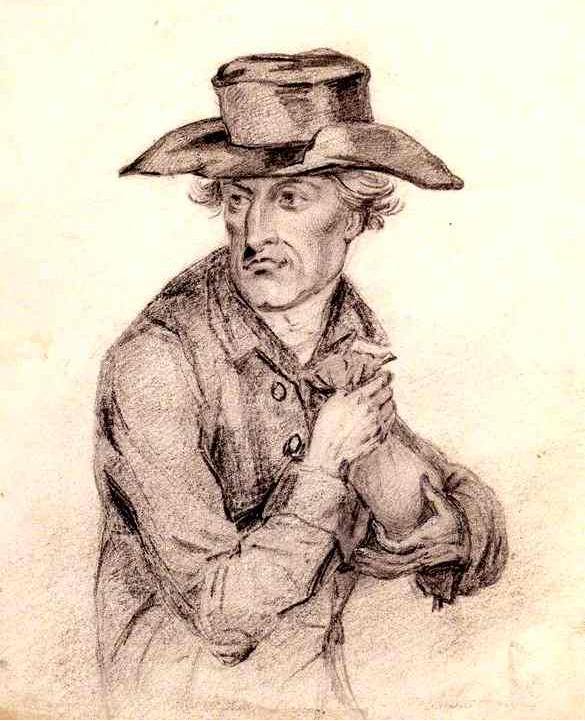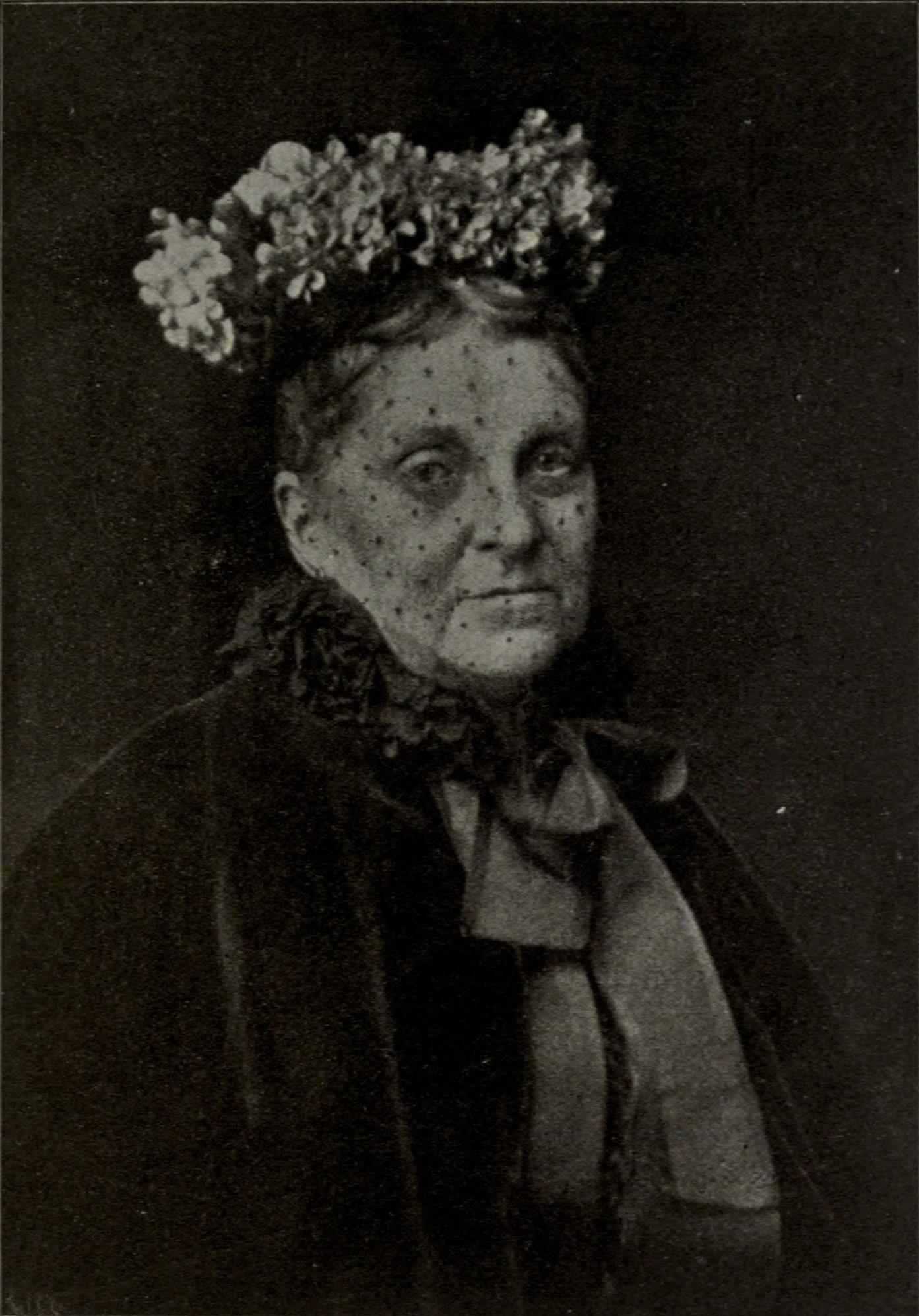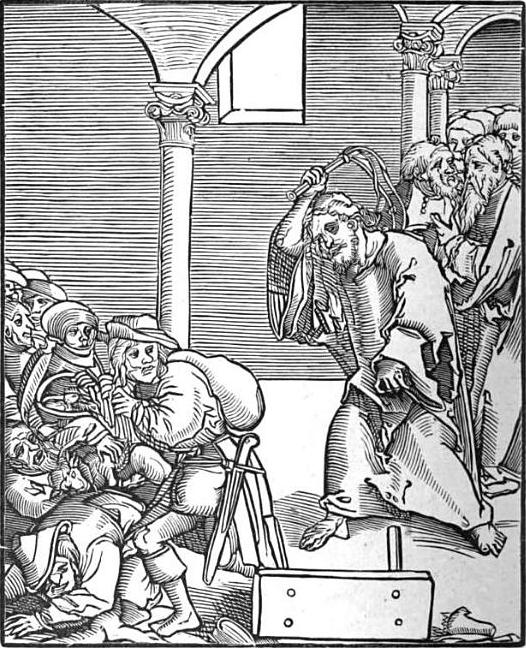|
Miser
A miser is a person who is reluctant to spend money, sometimes to the point of forgoing even basic comforts and some necessities, in order to hoard money or other possessions. Although the word is sometimes used loosely to characterise anyone who is mean with their money, if such behaviour is not accompanied by taking delight in what is saved, it is not properly miserly. Misers as a type have been a perennial object of popular fascination and a fruitful source for writers and artists in many cultures. Accounting for misers One attempt to account for miserly behaviour was Sigmund Freud's theory of anal retentiveness, attributing the development of miserly behaviour to toilet training in childhood, although this explanation is not accepted by modern evidence-based psychology. In the Christian West the attitude to those whose interest centred on gathering money has been coloured by the teachings of the Church. From its point of view, both the miser and the usury, usurer were gui ... [...More Info...] [...Related Items...] OR: [Wikipedia] [Google] [Baidu] [Amazon] |
Margery Jackson
Margery Jackson (January 1722 – 10 February 1812) was a British Landlord, landlady in Carlisle, Cumberland. She was the daughter of a wealthy cloth merchant who was the mayor of Carlisle. In her latter years, following a fifteen-year Lawsuit, legal dispute in the Court of Chancery over the execution of her father's and brother's wills, she returned from London to Carlisle in possession of the family fortune. She was then 69 years old and a spinster. Thereafter, while living like a Pauperism, pauper in the family townhouse (Great Britain), townhouse on Carlisle's market square, Jackson accrued a box of gold in rent from her properties. She became a local character, well-known for her miserly behaviour, her drinking, swearing and forthright speech, and her hidden riches, leading her to be nicknamed the Carlisle Miser. She was kind to her horses and dogs. In spite of her reclusive lifestyle, she had a friend in her financial advisor, Joseph Bowman of Botcherby, who took her into ... [...More Info...] [...Related Items...] OR: [Wikipedia] [Google] [Baidu] [Amazon] |
Daniel Dancer
Daniel Dancer (1716–1794) was a notorious English miser whose life was documented soon after his death and continued in print over the following century. A "strange and unaccountable life" The miser Daniel Dancer was born in Pinner, then a rural area in the county of Middlesex, in 1716. His grandfather and father were both noted in their time as misers and are only less famous because their accumulation of wealth was less. Daniel was the eldest of four children and inherited the family estate, eighty acres of rich meadow land and an adjoining farm, when his father died in 1736. Hitherto Dancer had given no manifestation of his miserly instincts, but now, in company with his only sister, who shared his tastes and lived with him as his housekeeper, he commenced a life of the utmost seclusion and most rigid parsimony. His lands were allowed to lie fallow so that the expense of cultivation might be avoided. He took only one meal a day, consisting invariably of a little baked mea ... [...More Info...] [...Related Items...] OR: [Wikipedia] [Google] [Baidu] [Amazon] |
John Elwes (politician)
John Elwes MP (born John Meggot or Meggott; 7 April 1714 – 26 November 1789) was a member of parliament (MP) in Great Britain for Berkshire (1772–1784) and an eccentric miser, suggested to be an inspiration for the character of Ebenezer Scrooge in Charles Dickens' 1843 novella ''A Christmas Carol''. Dickens made reference to Elwes in ''Bleak House'' (1853) – along with another notable 18th century miser, Daniel Dancer – and in his 1865 novel, ''Our Mutual Friend''. Elwes was also believed to inspire William Harrison Ainsworth to create the character of John Scarfe in his 1842 novel ''The Miser's Daughter''. Family background and early life Elwes (birth name "Meggot") was born on 7 April 1714 to Robert Meggot, a Southwark brewer (grandson of Sir George Meggot, MP for that same borough), and Amy, daughter of Gervase Elwes, MP for Sudbury, Suffolk, and granddaughter of Sir Gervase Elwes, 1st Baronet, MP for Suffolk (see Elwes baronets). His maternal grandmother, Lady Is ... [...More Info...] [...Related Items...] OR: [Wikipedia] [Google] [Baidu] [Amazon] |
Our Mutual Friend
''Our Mutual Friend'', published in 1864–1865, is the last novel completed by English author Charles Dickens and is one of his most sophisticated works, combining savage satire with social analysis. It centres on, in the words of critic J. Hillis Miller, quoting the book's character Bella Wilfer, "money, money, money, and what money can make of life". Most reviewers in the 1860s continued to praise Dickens's skill as a writer in general, but did not review this novel in detail. Some found the plot both too complex and not well laid out. ''The Times'' of London found the first few chapters did not draw the reader into the characters. In the 20th century, however, reviewers began to find much to approve in the later novels of Dickens, including ''Our Mutual Friend''. In the late 20th and early 21st centuries, some reviewers suggested that Dickens was, in fact, experimenting with structure, and that the characters considered somewhat flat and not recognized by the contemporary ... [...More Info...] [...Related Items...] OR: [Wikipedia] [Google] [Baidu] [Amazon] |
Hetty Green
Henrietta "Hetty" Howland Robinson Green (November 21, 1834 – July 3, 1916) was an American businesswoman and financier known as "the richest woman in America" during the Gilded Age. Those who knew her well referred to her admiringly as the "Queen of Wall Street" due to her willingness to lend freely and at reasonable interest rates to financiers and city governments during financial panics. Her extraordinary discipline during such times enabled her to amass a fortune as a financier at a time when nearly all major financiers were men. As a highly successful investor, with a Wall Street office, she was unusual for being a woman in a man's world. Unwilling to participate in New York City high society, conspicuous consumption, or business partnerships, she may have been eccentric and curt with the press but she was a pioneer of value investing. Her willingness to make low-rate loans (with her well-tended reserves of currency) in place of the failing banks during the Panic of ... [...More Info...] [...Related Items...] OR: [Wikipedia] [Google] [Baidu] [Amazon] |
Charles Dickens
Charles John Huffam Dickens (; 7 February 1812 – 9 June 1870) was an English novelist, journalist, short story writer and Social criticism, social critic. He created some of literature's best-known fictional characters, and is regarded by many as the greatest novelist of the Victorian era.. His works enjoyed unprecedented popularity during his lifetime and, by the 20th century, critics and scholars had recognised him as a literary genius. His novels and short stories are widely read today. Born in Portsmouth, Dickens left school at age 12 to work in a boot-blacking factory when his father John Dickens, John was incarcerated in a debtors' prison. After three years, he returned to school before beginning his literary career as a journalist. Dickens edited a weekly journal for 20 years; wrote 15 novels, five novellas, hundreds of short stories and nonfiction articles; lectured and performed Penny reading, readings extensively; was a tireless letter writer; and campaigned vigor ... [...More Info...] [...Related Items...] OR: [Wikipedia] [Google] [Baidu] [Amazon] |
Edward Topham
Edward Topham (1751–1820) was an English journalist and playwright, who publicized the Wold Cottage meteorite which fell on his property. Education and military career He was the son of Francis Topham, LL.D. (d. 15 October 1770), Master of Faculties and judge of the Prerogative Court in York, whose feud with Dean Fountayne was lampooned by Laurence Sterne in ''The History of a Warm Watch Coat''. Edward was educated at Eton College under Dr. John Foster (1731–1774), and remained there for eleven years. While at school he dabbled in poetry and was one of the leaders in the rebellion against Foster's rule. He was admitted at Trinity College, Cambridge, as pensioner on 22 April 1767, and as fellow-commoner on 23 October 1769, but he left without taking a degree. On leaving the university, Topham travelled on the continent and spent six months in Scotland, publishing on his return in 1776 a volume of ''Letters from Edinburgh, 1774 and 1775, containing some Observations on t ... [...More Info...] [...Related Items...] OR: [Wikipedia] [Google] [Baidu] [Amazon] |
John Hopkins (died 1732)
John "Vulture" Hopkins ( 1663 – 25 April 1732) was a British merchant of London and a Whig politician who sat in the House of Commons from 1710 to 1722. Hopkins was a London merchant who was reputedly miserly and given to rapacious business practices. He stood unsuccessfully for St Ives at the 1708 general election but was elected as member of parliament for the borough at the 1710 general election and in 1713. At the 1715 general election he was elected MP for Ilchester. He was defeated when he stood at Great Bedwyn at the 1722 general election. He had an undistinguished career in Parliament but amassed a small fortune by speculation in the South Sea Bubble South is one of the cardinal directions or compass points. The direction is the opposite of north and is perpendicular to both west and east. Etymology The word ''south'' comes from Old English ''sūþ'', from earlier Proto-Germanic ''*sunþa ... and invested it in property over several counties. Hopkins die ... [...More Info...] [...Related Items...] OR: [Wikipedia] [Google] [Baidu] [Amazon] |
Usury
Usury () is the practice of making loans that are seen as unfairly enriching the lender. The term may be used in a moral sense—condemning taking advantage of others' misfortunes—or in a legal sense, where an interest rate is charged in excess of the maximum rate that is allowed by law. A loan may be considered usurious because of excessive or abusive interest rates or other factors defined by the laws of a state. Someone who practices usury can be called a ''usurer'', but in modern colloquial English may be called a ''loan shark''. In many historical societies including ancient Christian, Jewish, and Islamic societies, usury meant the charging of interest of any kind, and was considered wrong, or was made illegal. During the Sutra period in India (7th to 2nd centuries BC) there were laws prohibiting the highest castes from practicing usury. Similar condemnations are found in religious texts from Buddhism, Judaism ('' ribbit'' in Hebrew), Christianity, and Islam (''rib ... [...More Info...] [...Related Items...] OR: [Wikipedia] [Google] [Baidu] [Amazon] |
Stirling
Stirling (; ; ) is a City status in the United Kingdom, city in Central Belt, central Scotland, northeast of Glasgow and north-west of Edinburgh. The market town#Scotland, market town, surrounded by rich farmland, grew up connecting the royal Stirling Castle, citadel, the medieval old town with its merchants and tradesmen, the Stirling Old Bridge, Old Bridge and the port. Located on the River Forth, Stirling is the administrative centre for the Stirling (council area), Stirling council area, and is traditionally the county town and historic county of Stirlingshire. Stirling's key position as the lowest bridging point of the River Forth before it broadens towards the Firth of Forth made it a focal point for travel north or south. It has been said that "Stirling, like a huge brooch clasps Scottish Highlands, Highlands and Scottish Lowlands, Lowlands together". The city's status as "Gateway to the Highlands" also historically lent it great strategic importance—the credo "he who ... [...More Info...] [...Related Items...] OR: [Wikipedia] [Google] [Baidu] [Amazon] |
Annual Register
''The Annual Register'' (originally subtitled "A View of the History, Politicks and Literature of the Year ...") is a long-established reference work, written and published each year, which records and analyses the year's major events, developments and trends throughout the world. It was first written in 1758 under the editorship of Edmund Burke, and has been produced continuously since that date. In its current form the first half of the book comprises articles on each of the world's countries or regions, while the latter half contains articles on international organisations, economics, the environment, science, law, religion, the arts and sport, together with obituaries, a chronicle of major events and selected documents. In addition to being produced annually in hardback, the book is also published electronically, and its entire 260-year archive is available online from its publisher, ProQuest. Edmund Burke and the creation of ''The Annual Register'' ''The Annual Register'' w ... [...More Info...] [...Related Items...] OR: [Wikipedia] [Google] [Baidu] [Amazon] |






